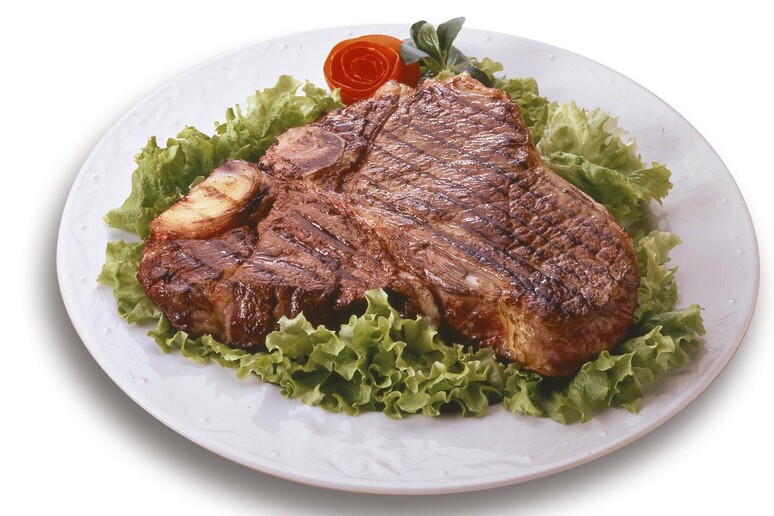A toxicology professor on
Wednesday said that no substances in red meat have been found to
cause cancer, in response to the World Health Organization
report released Monday that said processed and red meat can
increase the risk for certain types of cancer.
"Consumers should rest assured. The World Health
Organisation report is directed at political and technical
bodies so that they'll reflect on breeding farms, on how to feed
and grow livestock," said Luciano Caprino, professor emeritus of
toxicology and pharmacology at Rome's La Sapienza University.
"WHO's scientific communication is directed at politicians
and those who conduct meat inspections, not at citizens. We
still don't know, in fact, the causes of cancer, but only some
substances that foster its occurrence," Caprino said.
Caprino said that in order to classify red meat as
carcinogenic, the problem to examine is whether or not an
external substance has been added to the meat or to something
the animal ate, and noted that breeding criteria in Italy differ
from those in the United States or Great Britain.
To determine the cancer risk in processed and cured meats,
the methods of preserving, curing and smoking, and the toxicity
of the substances used would have to be established with
precision, he said.
"At the moment the only proven thing is that burnt meat,
that which is black on the outside, can be harmful because
carcinogenic substances form there," he said.
ALL RIGHTS RESERVED © Copyright ANSA











